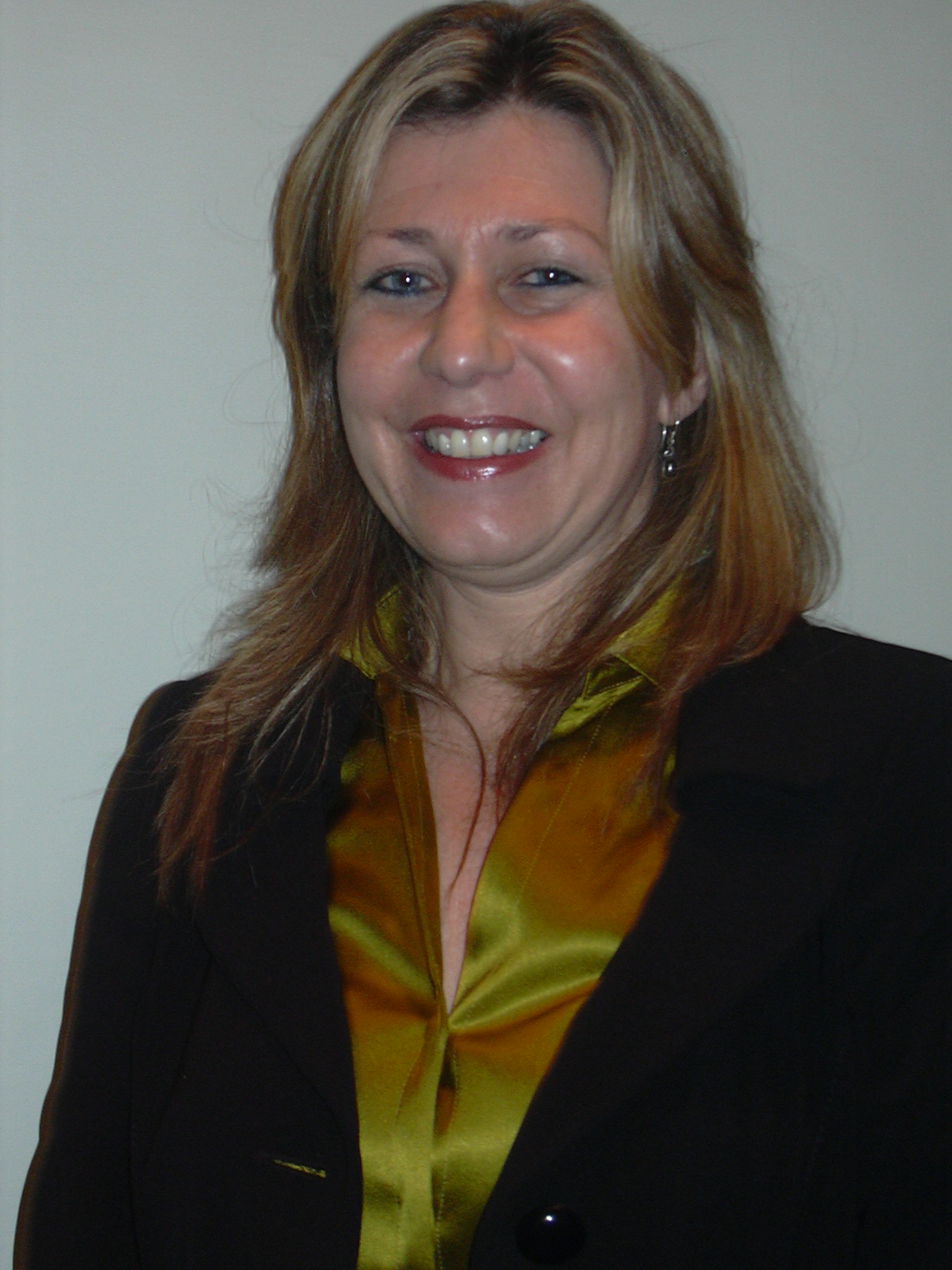Technopoly - the new breed of ministers
Do not get elected to parliament, collect your €500 a week salary raise…
Prime Minister Lawrence Gonzi complained that he had a limited talent pool from which to choose his ministers, so here are some suggestions for a more ‘presidential’ style of government where the Prime Minister has a freer hand in choosing his team of ministers.
Michael Bonello
Former Central Bank governor
Undoubtedly, a minister for finance. Unimpressed by the political wrangling that parties-in-government go through in their bids to win elections, Michael Bonello has always pursued a no-nonsense and critical analysis of Malta’s economic woes. He would start by means-testing university stipends and rationalise social benefits, reform the Cost Of Living Allowance, and more importantly start an ambitious deficit-reduction programme with cuts on government spending.

Helga Ellul
Playmobil CEO
Another no-nonsense minister who would want a stab at finance and economic development. A critic of the COLA, she would complain of Malta’s high unit-labour cost – what would she propose to increase productivity, and would she be the Iron Lady that will break the unions’ backs? One problem would be the evident conflict of interest. As a former Chamber of Commerce president, her influence and favour would be sought from many business leaders. And would she, like Bonello, settle for ministers’ €75,000 salary?

Edward Mallia
Physicist
A University professor and honorary president of Friends of the Earth Malta, Mallia cuts through the greenwash. At 72, the energy expert would present a radical national energy policy and a realistic renewable energy plan. With hard science the public would be faced with hard choices, bearing the full cost of energy production and frustrate hunters with little or no concessions on the Birds Directive. Possibly he would come on a combined ministry for environment, agriculture and food safety with hydrologist Marco Cremona.

Giovanni Bonello
Retired judge
Who better to reform the Maltese law courts and impart a more rigorous application of European human rights judgements than Giovanni Bonello? As justice minister he would instantly update Maltese laws to respect the right to suspects to have a lawyer during police interrogations. He would certainly push Cabinet into reforming the inhuman 18-month detention period for rejected asylum seekers, arguing for the Louled Massoud ruling to be finally respected. And if he turns down the justice and home affairs portfolio, maybe he could find happiness with the arts secretariat.

Kenneth Wain
Educationalist
A social liberal thinker and one of Malta’s few public intellectuals, he could partner up with Giovanni Bonello as minister for home affairs, or education minister. In 1999, Wain formed part of the commission that drew up the plan for a National Curriculum. But it almost a decade for politicians to take parts of it through. He had also played a very active role in the commission set up by then Prime Minister Alfred Sant, to discuss the possibility of divorce legislation being introduced.

Josie Muscat
Former MP, CEO St James Group
Would the healthcare entrepreneur jump at the opportunity of Malta’s public healthcare? The conflict of interest is obvious and his right-wing views, displayed prominently in the 2008 election, would not make him a popular choice. He would push for a strong private primary healthcare to relieve the burden of minor ailments on the state hospital and the creation of surgeries by GPs. Faced with the prospect of cutting on the millions it costs to run Mater Dei, he would surely means-test recipients of free medicine and levy a nominal fee on prescriptions.

Michael Zammit Cutajar
Former executive secretary UNFCCC
Michael Zammit Cutajar has devoted most of his career working in the United Nations on international cooperation for development and environment. In 1991 he set up the secretariat of the United Nations Framework Convention on Climate Change (UNFCCC) which he headed as executive secretary until his retirement early in 2002. As a diplomat he could bring a new dimension to Malta’s foreign policy – perhaps even a better understanding of the migration challenge.

Marco Cremona
Hydrologist
He has crusaded for a better understanding of Malta’s water predicament, his inspirational role in becoming the first Maltese to climb Mount Everest, while also forcing a change in Maltese adoption laws through his personal campaign for adoption, makes Cremona a role-model for the technocracy. Would he manage to convince taxpayers to pay for expensive polishing of treated water that would otherwise be dumped in the sea?
Gabi Calleja (right) faces down 'gay converter' pastor Gordon Manché
Gabi Calleja
Malta Gay Rights Movement coordinator
As minister for the family and employment, Gabi Calleja would enforce full equality between homosexuals and heterosexuals, as well as cohabiting units, when it comes to equal access to goods and services. Her reforms for a more inclusive society would change the government’s outlook on invisible groups such as migrants, insisting that Malta recognises rulings by the European courts, while also moving a Gender Identity Act to bind the State to give people’s choice of identity full and effective legal recognition.

Davinia Galea
Director Arts Council
Would Davinia Galea take Maltese arts and literature into the 21st century by eschewing outdated censorship laws on literature and the theatre, promote greater State funding of the arts with subsidised musical instruments for school orchestras, theatre companies, and fund new spaces for the performing arts? As minister for the Culture and Sports she would upgrade museums, turn Fort St Elmo into a performance space, and fund new world music and rock festivals apart from the established jazz festival.
























